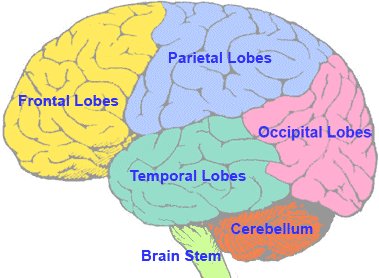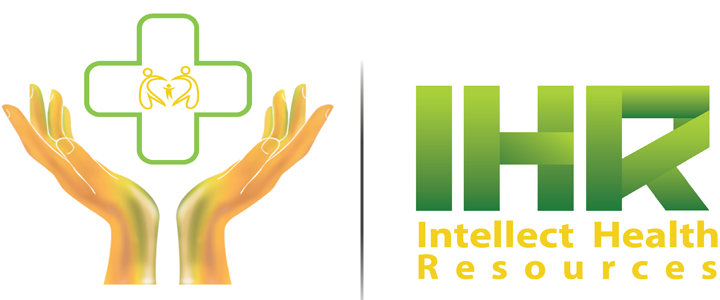The brain is a marvellously complex and intricate organ of the body, which is formed by 10-12 billion brain cells. These cells connect to each other electronically and chemically to control important functions in our body.
The brain is divided into 3 main areas:
- A. the brain stem, responsible for basic body functions such as heartbeat regulation;
- B. the cerebellum, responsible for things such as balance and muscular coordination
- C. the cerebrum, made of two distinct hemispheres and responsible for higher brain functions including thinking and emotions

However, at times brain function can become impaired and lead to health issues. When it comes to brain diseases, it is important to investigate for early detection with state of the art equipment in order to find out the diagnosis and facilitate treatment immediately.
Our specialists are prepared to treat everything from mild headaches to epileptic seizures, dementia or strokes. We help our patients along every step of their treatment, from early diagnosis to intensive care to rehabilitation and follow-up visits.
Available Medical Investigations
Blood Test: As needed.
Example: Complete Blood Count, Lipid Profile, Liver Function Test, Tumour Markers, etc.
E.E.G (Electroencephalography): A test that detects electrical activity in your brain using small, flat metal discs attached to your scalp. EEG result is used to confirm and rule out certain brain disorders.
Sleep Test: A test to records brain waves, the oxygen level in blood, heart rate, breathing, as well as eye and leg movements during the test. Use to diagnose sleep disorders.
CT scan (Computed Tomography) : It uses X-rays to make more detailed pictures of parts of your body and the structures inside your body. CT scan of the brain can provides detail information on head injuries, stroke, brain tumours and other brain diseases.
CT Angiogram: A test that uses X’rays to provide detailed pictures of the heart and blood vessels that go to the brain, heart, lung, kidneys, head, neck, legs and arms. It is used to visualise the details of blood vessels within the brain.
Neck ultrasonography: This test examines the artery in the neck (cervical carotid artery) using ultrasonography to check any abnormality of blood flow.
MRI (Magnetic Resonance Imaging): A test which uses strong magnetic fields and radio waves to generate images of the inside of the body, also called magnetic resonance imaging.
PET scan (Positron Emission Tomography): is an imaging test that uses a special radioactive dye to detect abnormalities in details, which is more precise than CT and MRI.
Neurosurgery Transcranial Doppler (TCD): An ultrasonography that measure the velocity of blood flow through the brain’s blood vessels.
B.A.E.R (Brainstem Auditory Evoked Response): A test to detect electrical activity in the hearing pathways in the brain in order to identify the function of hearing system.
Available Services
- Examinations, diagnoses, treatments and prevention for patients with an acute or chronic symptoms of the following such as weakness in a part of body or the whole body, pain, abnormal movement, transient abnormal behavior, memory deficit, fainting, spinning head, headache, numbness, tingling, etc.
- Stroke Clinic for both hemorrhage and infarction
- Clinic for headache and facial pain
- Clinic for vertigo and fainting (syncope)
- Clinic for acute and chronic pain
- Movement Disorder Clinic for diseases such as Parkinson’s
- Dementia and Behavior Disorders Clinic
- Clinic for Peripheral Neuropathy
- Epilepsy Clinic
- Rehabilitation of the brain and nervous system

